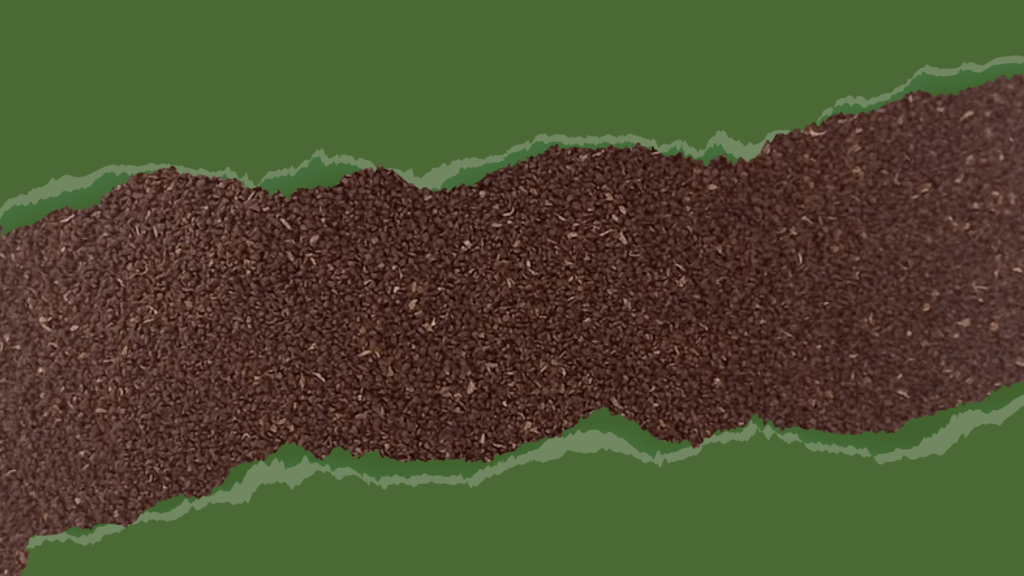Circular economy, with its disruptive focus on sustainability and efficiency, is grounded in a series of interconnected principles that are shaping a new economic paradigm. These principles are not only redefining how we produce and consume but are also opening the door to a more equitable and ecologically balanced world.
Minimization of Waste and Pollution
One of the fundamental pillars of circular economy is the minimization of waste and pollution. In contrast to the linear “take, make, dispose” model, circular economy seeks to close the loops of materials and resources. This involves designing products and processes to minimize waste generation and prevent the emission of toxic substances into the environment.
The key here is awareness. Companies are reevaluating how their products impact each stage of their lifecycle, from raw material extraction to disposal. Innovation is centered around creating products that are more durable, use fewer resources, and are easier to disassemble and recycle at the end of their life span.
Extension of Product Lifespan
Another essential principle of circular economy is the extension of the lifespan of products. Instead of embracing a throwaway culture, this philosophy promotes repair, refurbishment, and reuse of products. In a world saturated with consumer goods, this idea is taking on new significance. Rather than quickly discarding products that no longer seem at their best, circular economy urges us to keep them functional, thereby prolonging their lifespan and reducing the need for more production and resource extraction.
Regeneration of Natural Resources
Circular economy also places great emphasis on the natural regeneration of resources. This applies not only to materials but also to ecosystems and biodiversity. Agricultural and forestry systems are crucial examples. Regenerative agriculture, for instance, aims not only to maintain soil health but also to improve it over time. This results not only in more nutritious and high-quality food products but also contributes to climate change mitigation by storing carbon in the soil.
Conclusion: Building a More Sustainable Future
The principles of circular economy are more than just guidelines; they are a call to action towards a more sustainable and conscious world. By minimizing waste, extending the lifespan of products, and regenerating natural resources, we are forging a path toward a future where human prosperity is in harmony with the well-being of the planet. Circular economy is not just a theory; it’s a fundamental shift in how we live and create value.



